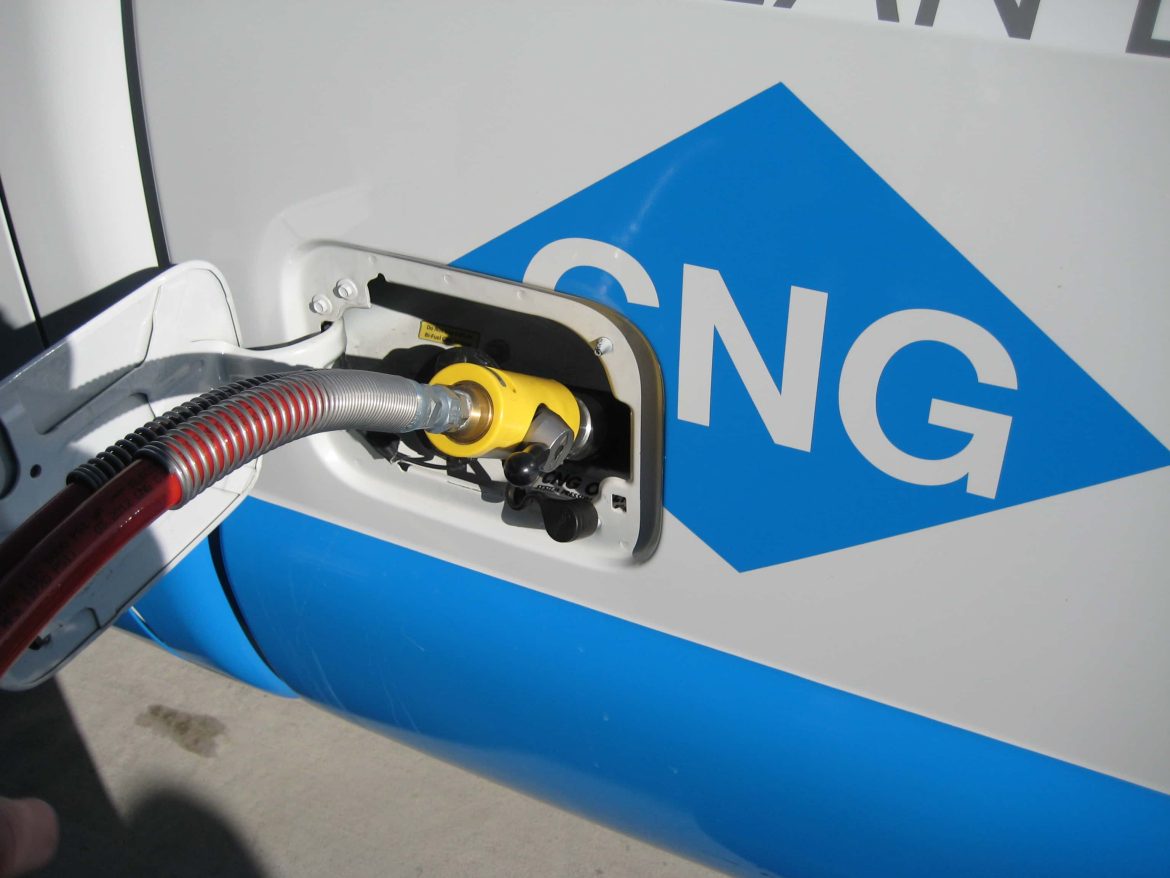Nigeria is launching a new initiative aimed at drastically reducing the country’s massive monthly expenditure on petroleum products. The initiative, which focuses on the adoption of Compressed Natural Gas (CNG) as a primary fuel source, is projected to save up to N2 trillion monthly on gasoline and diesel.
President Bola Tinubu has championed the CNG initiative as a strategic move to alleviate the financial burden of fuel subsidies and combat the nation’s growing energy costs. “By transitioning to CNG, we can significantly reduce our dependency on imported fuels and lower our national spending,” Tinubu stated during the announcement.
Nigeria’s reliance on imported petroleum products has placed a heavy strain on its economy, with the country spending vast sums on subsidies for petrol and diesel. This expenditure has been a major drain on the national budget, contributing to economic instability and inefficiencies within the energy sector.
The CNG initiative is designed to address these issues by providing a more cost-effective and environmentally friendly alternative to conventional fuels. CNG, which is extracted from natural gas, is cheaper to produce and cleaner than gasoline and diesel, making it an attractive option for reducing fuel costs and minimizing environmental impact.
Under the new plan, the government aims to encourage the adoption of CNG vehicles and infrastructure. This includes investing in the development of CNG fueling stations, offering incentives for vehicle conversions, and supporting research into expanding the use of natural gas in various sectors.
The initiative is expected to have several benefits beyond just cost savings. By reducing reliance on imported fuels, Nigeria can improve its energy security and stabilize its fuel supply. Additionally, the shift to CNG is anticipated to create new job opportunities within the natural gas sector and stimulate economic growth.
However, the success of the CNG initiative will depend on several factors, including the swift implementation of infrastructure and the willingness of consumers and businesses to adopt the new technology. There are also concerns about the initial costs associated with converting vehicles and establishing fueling stations.
Despite these challenges, there is optimism about the potential impact of the CNG initiative. If successful, it could serve as a model for other countries facing similar issues with fuel costs and energy dependency. The initiative represents a significant step towards transforming Nigeria’s energy sector and achieving long-term economic stability.
As Nigeria embarks on this ambitious project, the hope is that the transition to CNG will not only provide immediate financial relief but also lay the foundation for a more sustainable and efficient energy future. The initiative reflects the government’s commitment to addressing the country’s energy challenges and improving its economic outlook.
Source: businessday



